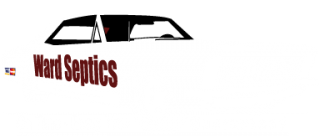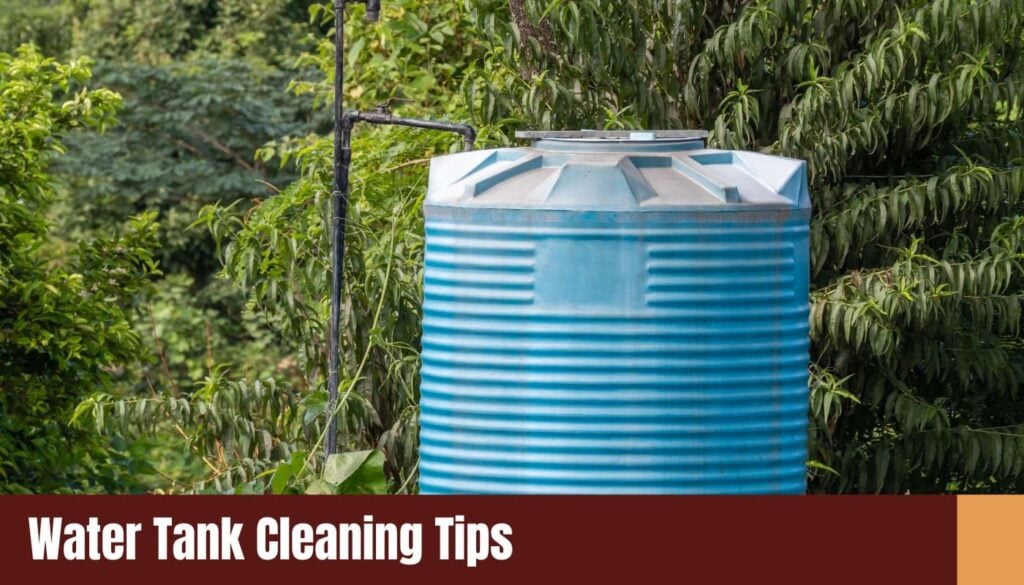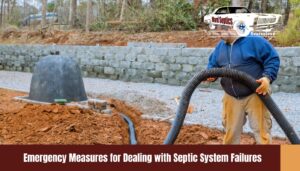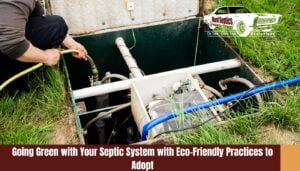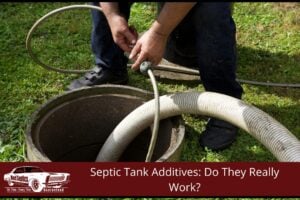Water Tank Cleaning | Tank Cleaning Central Coast, Lake Mac & Hinterland
Have you been looking for a water tank cleaning service to make sure your rainwater storage is safe, hygienic and free of any nasty contaminants?
Water Tank Cleaning Central Coast Lake Macquarie, in that case, I have some good news for you.
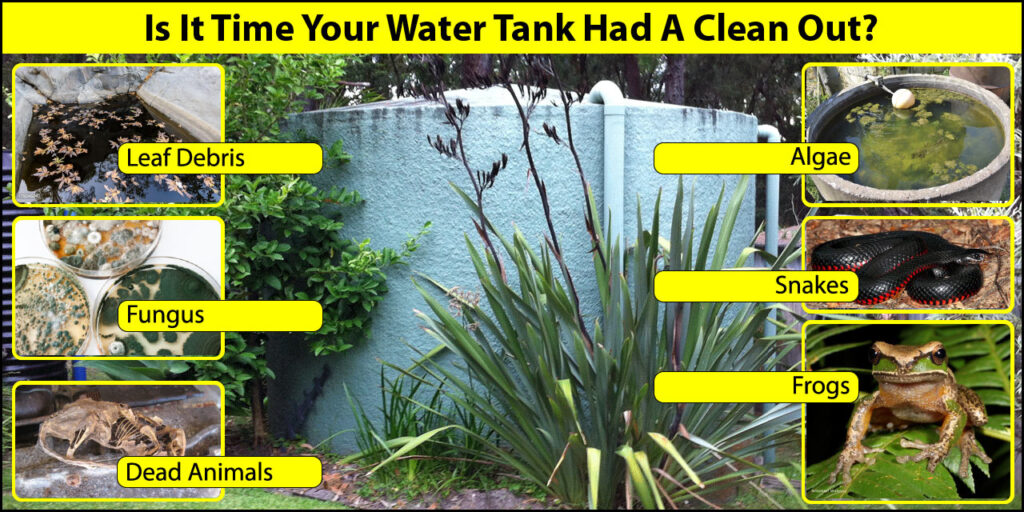
Hello, my name is Paul Burgess and I have been a plumber for over 44 years. My business specialises in Rain Water Tank Cleaning.
And if you are worried about what may be living in, or resting at the bottom of your drinking water storage tank, please read the information that follows.

Now don’t get me wrong, what I have below is not to scare or upset you.
I love the taste of fresh clean rainwater better than any mains water I have tried ever.
But unlike mains pressure drinking water, the rainwater in your tanks is your responsibility. It’s up to you to make sure your drinking (and washing) water is clean, safe and healthy as you can make it.
So that said let’s get into the information you need to know so you can make an informed and intelligent decision about what’s going on in your water tank.
And with a little plumbing and water management savvy, what you can do to keep your water fresh and as pure as possible.
Facts About Water Storage and Water tank Cleaning
Water Tank Contamination from Toxic Chemicals, Physical Material & Microbial Sources
While collection and storage of rainwater for drinking in plastic or concrete water storage tanks provides some of the healthiest and sweetest tasting water you will ever drink, they do have a potential risk of contamination from a variety of sources.
The list of contaminants is quite long but it can be broken down into the following types.
These include;
- Toxic chemicals
- Physical Material and Solids
- Microbial Contamination.
The chemical contamination your water can be exposed to is fairly obvious.
It can be caused by pest and herbicides, industrial waste and pollutants as well as a variety of other toxic sources.
Some contamination is difficult to control. Sources like traffic pollution, industrial and mine emissions as well as poor agricultural practices for instance.
Contamination arising closer to home and controllable by you include your roofs condition and the materials used in its construction. Your guttering, the water pipes and the cleanliness of your water tank itself.
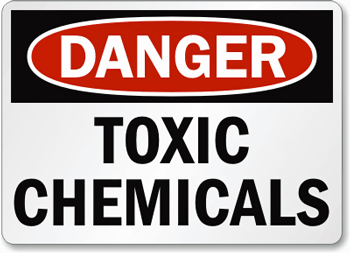
Even a poorly placed wood heater flue can add to the level of contamination in your drinking water.
In Australia we are fortunate, this type of contamination is not such a big issue as in other parts of the world. On the whole, our rainwater is very clean..
That said though, it is foolish to ignore where and how our rainwater finally gets to us.
And just because you are doing the right thing when it comes to keeping dangerous chemicals and pollutants out of the water cycle, does not mean that everybody else is.
The water that eventually turns into the rain that fills your tank can travel a long way before it reaches you.
So the chance of your water being exposed to something in the air that is not good for you along the way is well worth considering.
In many parts of the word contamination from subterranean sources is also possible.
In Australian though, most water tanks are aboveground.
This reduces the risk of contamination through the soil, via groundwater to your water tank and the pipes that both fill it and supply your drinking water to you.
Physical Waste Material and Solids In Your Water Tank
Some other forms of contamination your drinking water is exposed to are not as difficult to detect.
Because we collect most of our rainwater from our roof and guttering, there is ample opportunity for foreign material to mix with our water before it even gets to your tank.
The most obvious sources are faecal material (droppings – poo) left by not just birds but lizards, mice, rats, possums plus other beasts (animals) too numerous to name.
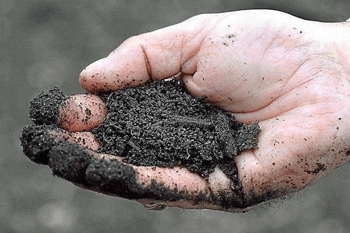
And it’s not just faecal material either.
Things die, and while the use of gross collection filters keep the larger elements from entering your water tank (and your drinking water).
Natural decay and decomposition will see some if not all this material finding its way into your drinking water.
And this material can also be the remains of the unwanted guests that meet their end in our homes and on our roofs
Imagine this scenario.
Mice and “Big Mice” are being a nuisance in your home. It’s that time of year. Not unusual, even if the cleanest households, especially if you are on the land.
To help solve the problem you lay some baits for these unwanted visitors.
As these baits start to take effect you find a dead rodent here and there, and after a grimace, toss their remains in the bin.
Problem solved… or is it?
Some of these rodents remains you don’t ever find.
Now because of the way the animals meet their end, the decaying remains of these creatures will contain toxic amounts of a range of very toxic poisons from the baits they have eaten.
And if they find their way to your roof or gutters before they fall off the perch. Anywhere that either leads into or out of your water tank.
These toxins can leach out of the decaying remains and into your drinking water and reach you.
These will be in small amounts granted. But you don’t want to be exposed to this at all.
We hear of beloved pets becoming ill (or worse) from eating these remains all the time. Drinking the water that filters through these dead animals is not so different.
These toxins can make you very ill.
And frankly, the thought of my drinking water strained through a “dead rat tea bag” is just not my cup of tea, whether it’s riddled with toxins or not.
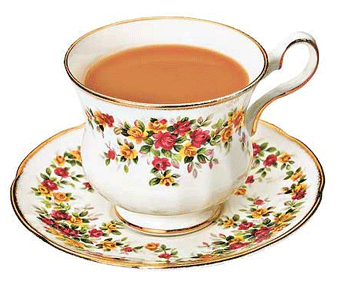
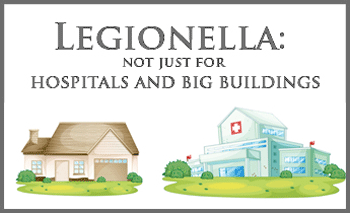
Legionella Bacteria Contamination
There are also potential risks associated with rainwater storage tanks for the bacteria Legionella.
While Legionella causes Legionellosis (Legionnaires disease) through inhalation and not through drinking water contaminated by the bacteria.
Rainwater tanks can be a potential source of the Legionella bacteria.
This becomes a problem for a couple of reasons.
Firstly because the Legionella bacteria prefer to live in slime and sludge, similar to what can be found at the bottom of water tanks overdue for cleaning.
This is even more problematic in the warmer summer months as the Legionella bacteria thrives in temperatures between 25 and 50 degrees Celsius.
Water tank temperatures within this range are by no means out of the question should there be a string of hot days.
Another potential source of bacterial infection by Legionella is that many rainwater storage tanks also feed hot water systems.
Here it is possible for the bacteria to enter these systems via the rainwater storage tank and be present in shower water where it can become airborne, where the risk of inhalation of the bacterially contaminated water could lead to Legionnaires disease.
Mosquitoes Love Rainwater Tanks To Breed
Rainwater tanks can also provide ideal habitats for mosquitoes to breed. Not just a nuisance, some mosquitoes are associated with disease-causing virus, the Dengue virus is one of the most feared.
This is not such a problem in N.S.W. Dengue Fever occurs mainly in tropical and subtropical regions. But mosquitoes do carry a range of problems apart from an annoying bite for those of us susceptible to their attention.
No look I am not writing a paper on the 50 ways your rainwater tank can be contaminated. I am just pointing out why you have to be careful.
As I said above your rainwater can be some of the most delicious and safest sources of water you can drink, but it is up to you to make sure it is as clean as possible. Water tank cleaning is your responsibility.
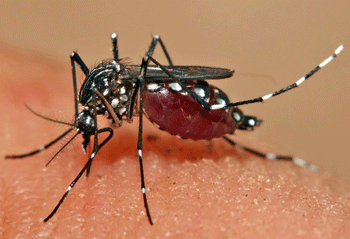
And the only way you can ensure the health and safety of your water supply is by actively taking a hand in its maintenance.
And that’s where someone like me can help.
Let me offer you my experience and my service to help you with your water tank cleaning.
Sometimes my water tank cleaning involves sucking the sludge from the bottom of your rainwater tank.
This sludge can build up over time and as I said above, it can be a breeding ground for bacteria including Legionella which causes Legionellosis or Legionnaires disease.
I use a high pressure water jet cleaning system too, and I even use my own water supply which I carry on my cleaning truck.
Clean drinking water is more than just important, it is a human right for you and your family and I can help make sure your water tank is as clean as the day your tank was installed.
If you are concerned about the quality of your water, and for the wellbeing of your family you should give me a call to discuss your water tank cleaning situation.
I am happy to give you water tank cleaning advice over the phone, based on my 40 plus years of experience as a plumber, drainer and tank cleaner.
And I can come to see you and help fix any problem you have.
Drinking contaminated water can cause loads of problems, so don’t leave it till someone in your home becomes sick to take action.
Water tank cleaning is not as expensive as you think. And it is far less trouble than being a victim of some of the problems I have mentioned above.

Clean water is a necessary part of a healthy life. Make sure your rainwater tank is part of this good health formulae and not part of the problem.
Call me now on 0438 315 514. This is my direct number, so you will only talk to me (Paul) or maybe my wife if I am in the shower.
I can help with your water tank cleaning, and I can make sure it is done properly for you at the best possible price.
PS. Rainwater tanks can provide some of the safest, sweet tasting drinking water available, but unlike mains pressure water supplies, rainwater storage and the quality of your drinking is your responsibility. I can help make sure it is as pure and contamination free as the day your water tank was installed.
Call me (Paul Burgess) to answer any water tank cleaning questions.
